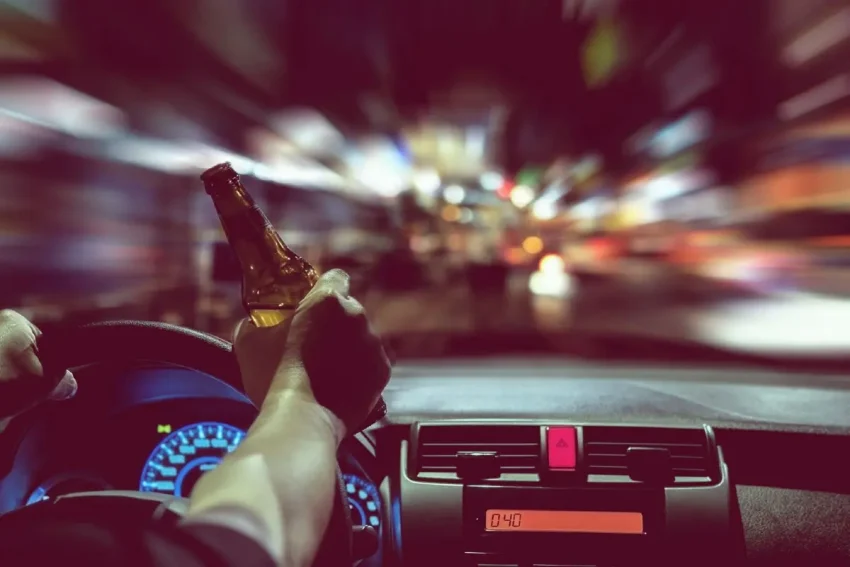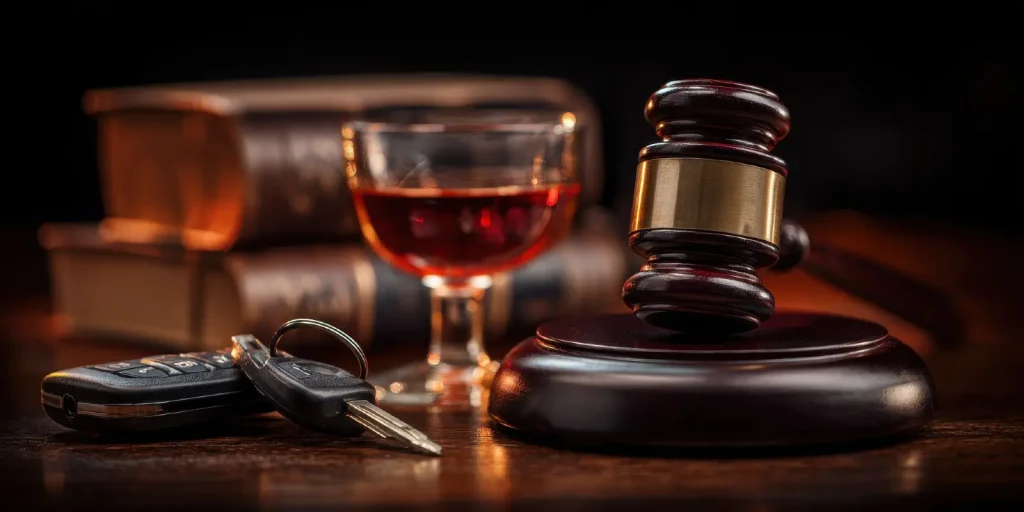Can Drunk Driving Charges Be Reduced or Dismissed?

In the aftermath of a traffic stop that leads to an arrest, individuals typically face a daunting and complex legal system. The charges, potential penalties, and long-term consequences of a conviction can be severe, impacting one’s driving privileges, financial stability, and personal freedom.
A common question during this stressful time is whether these serious charges can be successfully challenged, reduced, or even dismissed entirely. The answer, while not simple, is that numerous defense strategies exist to contest the evidence presented by the prosecution. The viability of these strategies may depend entirely on certain factors.
Read on to learn whether drunk driving charges can be reduced or dismissed.
Contents
The Foundation of the Prosecution’s Case
The state’s case against a defendant in a driving under the influence case typically rests on two primary pillars, such as the observed driving behavior and physical symptoms of alcohol impairment, followed by the results of chemical tests. Police enforcement must have reasonable suspicion, to initiate a traffic stop. This can be as straightforward as a moving violation like swerving or speeding, or an equipment issue like a broken taillight, which are some of the most common causes of car accidents.
Once the officer contacts the drunk driver, they gather evidence through observation and field sobriety tests (FSTs). These tests, which include the horizontal gaze nystagmus, walk-and-turn, and one-leg stand, are scientifically designed to detect impairment but are highly subjective and can be influenced by numerous factors unrelated to alcohol consumption. The second pillar is the chemical test, which measures blood alcohol concentration (BAC). This is typically done through a breathalyzer test at the station or a blood draw. While treated as irrefutable evidence, these tests are administered by humans using complex machinery, both of which are susceptible to error.
However, the journey through the criminal justice system following a DUI charge isn’t a foregone conclusion. The prosecution bears the significant burden of proving every element of the case beyond a reasonable doubt. This high standard can create multiple opportunities to identify weaknesses, procedural errors, and violations of the defendant’s rights. Therefore, seeking counsel from a specialized DUI arrest and injury law lawyer in California or similar locations can be a critical first step in exploring these avenues.
Common Defense Strategies for Reduction or Dismissal
A meticulous examination of the evidence and the procedures used to obtain it can reveal flaws that form the basis of a powerful defense. Below are the common defense strategies for the reduction or dismissal of drunk driving charges:
Challenging the Traffic Stop
The law protects citizens from unreasonable searches and seizures. If an attorney can demonstrate that the law enforcement officer lacked a valid legal reason to initiate the traffic stop, any evidence gathered after that stop, including observations, FST performance, and chemical test results, may be deemed inadmissible in court. The prosecution’s case typically collapses without this evidence, leading to a dismissal.
Questioning the Field Sobriety Tests
The administration and interpretation of FSTs are frequent targets for defense challenges. An attorney may argue that the tests were conducted improperly, the instructions were unclear, or the officer was not adequately trained. Furthermore, numerous medical conditions, physical ailments, fatigue, anxiety, and even roadside conditions can negatively affect a person’s performance on these tests, providing an alternative explanation for perceived impairment.
Attacking the Chemical Test Results
The breath and blood testing machines require meticulous calibration, maintenance, and proper operation. Defense attorneys typically subpoena the maintenance and calibration records for the breathalyzer device used. Any lapse in protocol can cast doubt on the accuracy of the results. For blood tests, the chain of custody of the sample is paramount. Any break in the documented chain or improper storage can lead to allegations of sample contamination or tampering, rendering the results unreliable.
Rising Blood Alcohol Defense
This scientific argument posits that a driver’s blood alcohol content was below the legal limit of 0.08% while operating the vehicle, but rose to an illegal alcohol level by the time the chemical test was administered, sometimes 60-90 minutes after driving. This occurs because alcohol takes time to absorb into the bloodstream fully. This defense requires expert testimony but can create reasonable doubt about the driver’s level of impairment at the time of driving.
Negotiating a Plea Bargain
When the evidence against a defendant is strong, the most pragmatic outcome may be to negotiate a plea bargain with the prosecutor. A skilled attorney can negotiate a reduction of the DUI charge to a lesser offense, such as reckless driving, sometimes referred to as a “wet reckless” if alcohol was involved.
While still a serious misdemeanor, a reckless or impaired driving conviction avoids the mandatory penalties and long-term consequences of a formal DUI conviction, such as jail time, lengthier license suspensions and mandatory ignition interlock device requirements.
The Critical Role of Legal Representation

Navigating the intricacies of DUI law requires specialized knowledge and experience. An attorney well-versed in this area understands the applicable statutes, case law, and scientific principles. They know how to file the necessary motions to suppress evidence, cross-examine arresting officers on protocol, and work with forensic experts to challenge chemical evidence. Early intervention by counsel is crucial, as deadlines for challenging license suspensions are very short, typically only ten days from the date of arrest.
Conclusion
Ultimately, while no outcome can be guaranteed, a DUI charge is not an automatic conviction. The legal system can provide avenues to challenge the state’s evidence. With the information mentioned above in mind, it’s possible to have alcohol-impaired driving charges reduced to a less damaging offense or, in some cases, dismissed altogether. The key lies in mounting a precise and strategic defense tailored to the unique details of the case



